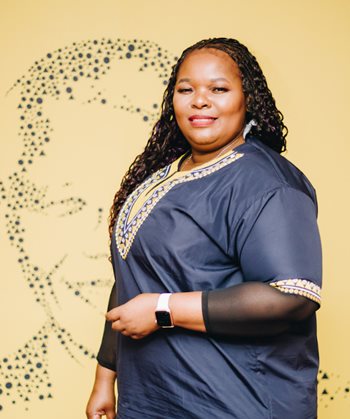
This body is linked to the SASCOC High Performance Commission on which the chairpersons of various working groups serve to develop South Africa's sportsmen, women and systems.
These groups include the spheres of medical and health sciences, psychology, sport science, technical and classification, coaching and the athletes' commission.
Lumka's role will be to direct the activities of the UHPSC and guide the committee's work.
"The chair must have a clear understanding of the group's interests, let everyone have their say and make sure the constitution is upheld," she explained.
"The chair is also responsible for making sure the agreed tasks are carried out and to make decisions between meetings, if necessary.
"Before meetings, the chair should plan the agenda to ensure all necessary information is available, as well as to ensure that the link between the other commissions is seamless and profitable."
Lumka added that there were several functions the UHPSC was required to perform.
These include identifying areas where universities can assist high-performance athletes as well as facilitating access to scientific and technological assessments, sports science, technology and research and training and competition facilities.
She said it was also about managing the dual careers of student-athletes and ensuring the provision of special dispensations for elite athletes selected for national duty.
Lumka, who has been chef de mission for several national teams and therefore experienced in university sport administration, said she would be focusing on an "overview that can lead to a standardised system".
"Most institutions operate with a closed-off mind because of their lack of experience. Very few bring a global view and this is something we would like to develop.
"This is an extremely important project, not only for university sport, but for all levels of sport in South Africa. University sport is the bridge between schools and those who go on to compete in national and international sport."
She felt it was important for all levels of sport in SA to work together to develop sportsmen and women.
"Worldwide, the acceptable standard of developing a talented athlete pool base survives on all levels of education and sport being interlinked. At this stage there is no solid link between primary and high schools, and from high schools to tertiary education.
"I believe that, if we can remedy this situation, we would see a totally different Team South Africa competing on the international stage."